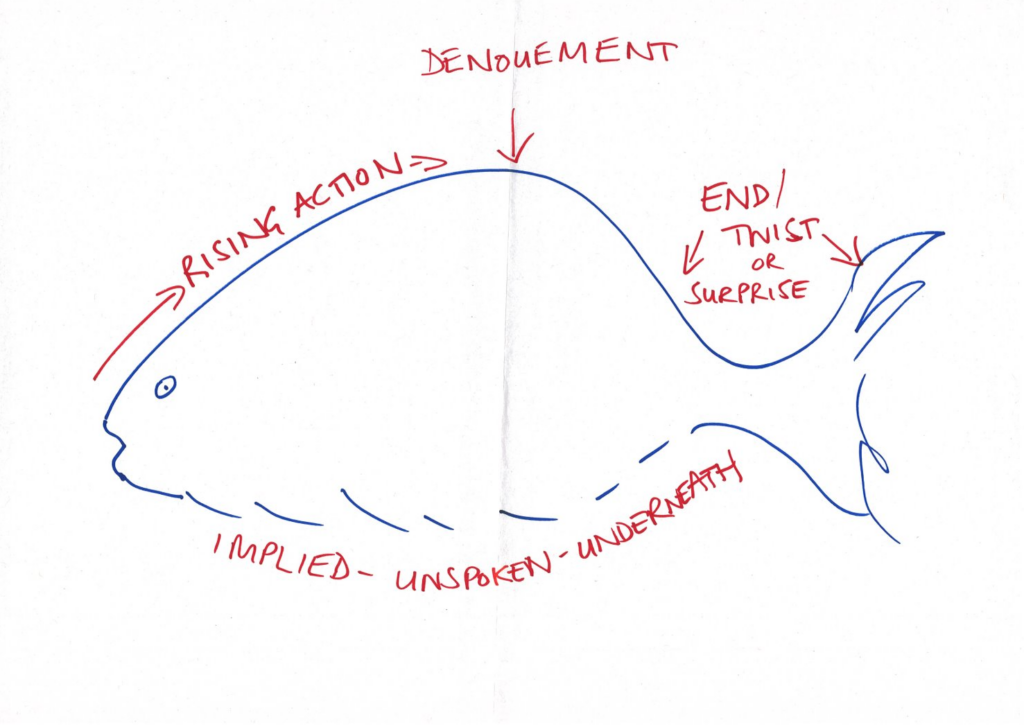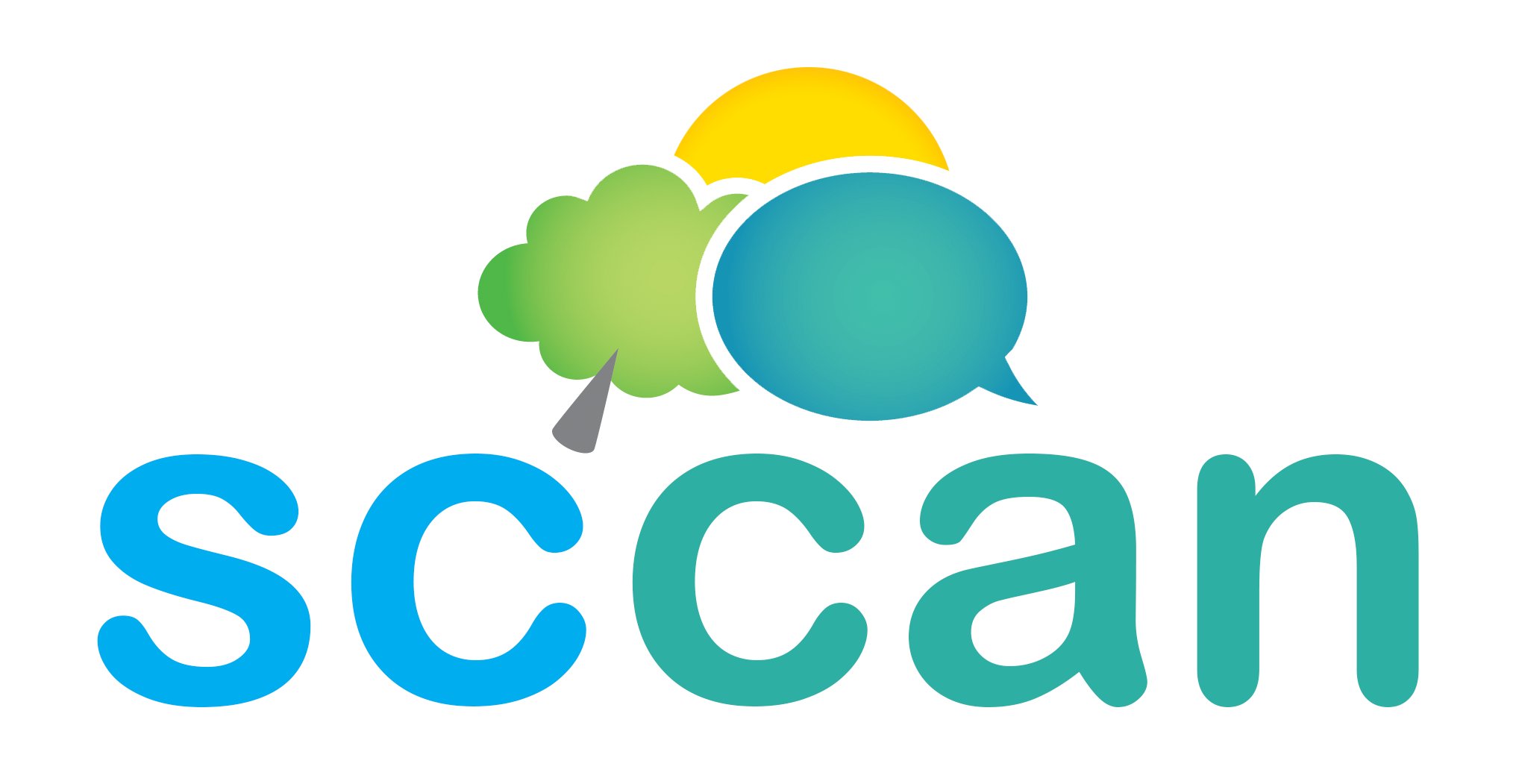Narrating Change: Co-producing adaptation targets between communities and policymakers in Scotlands is a study produced by SCCAN in collaboration with Kings College London. Read about this exploration of the role of storytelling and narrative in co-producing climate adaptation knowledge.
On the 21st of November, SCCAN held the Narrating Change workshop, an exercise to contribute to the research and development of Scotland’s adaptation strategies to the effects of climate change. Funded by a Kings College London Impact Accelerator fund, this project has been designed in partnership with researchers at KCL and those at SCCAN.
It aims to demonstrate how local climate adaptation targets can be co-produced between communities and policy-makers in Scotland and explore the role of storytelling and narrative in co-producing adaptation knowledge.
Why adaptation?
As our climate changes, we need to prepare for its impacts, respond to the changes and increase our resilience to its effects on our day-to-day lives, both now and in the future.
This is a critical time for feeding into adaptation targets in Scotland. The current adaptation policy, SNAP3 (Scottish National Adaptation Plans), is in draft form. Having useful and fair adaptation targets is critical to ensuring that adaptation action reduces vulnerability.
Co-production of adaptation targets between communities and policymakers will ensure that community voices are heard in the decision-making processes related to climate adaptation in Scotland.
What we did:
The workshop was designed to bring together community representatives and policy makers, and to make use of SCCAN’s storytelling expertise to help small groups within the workshop to weave together aims to provide an optimal adaptation approach. 25 Community group members and Policy makers convened for 3 hours online, along with 6 facilitator/note-taker teams to work through a number of questions, utilising storytelling and narrative approaches.
The participants were asked to view the elements of their vision for communities well-adapted and resilient to the effects of climate change on their region and homes through the anatomy of a story, in this case, the suggested shape of speculative fiction. A satisfying narrative is a pattern of completion that echoes in possibility and impact long after it’s finished being told. We wanted to harness this creativity both from people’s experiences and future aspirations and the existing strategies in conversation to explore and register the nuance in more ‘complete’ adaptation strategies and targets.
Stories are powerful because they have an elusive nature and focus on the bigger picture, not just the details and this allows people who are located in different areas of the spectrum of climate action to come together and talk.

The team’s highlights/takeaways:
As a facilitator, I really enjoyed my session with 3 people from island communities, discussing ways to make solutions and agency for those solutions more local. I am grateful that so many people were able to give a significant amount of time and focus to this work, not only looking at adaptation solutions and targets, but looking at the feasibility of policy-makers and local communities working more closely together.
This is a difficult topic to discuss, especially when we are being so honest and aware of the potentially catastrophic effects of climate change on our precious and vulnerable human lives. I was impressed by and grateful for the commitment of the participants to spend a morning together talking about this in a respectful, kind and caring manner.
Next steps:
The team will analyse the narratives from the workshop and write up results in January and February. Results will be shared with the SCCAN community, researchers, and policy makers.
For more information on adaptation please see our webpage

